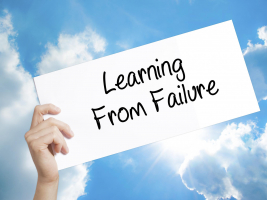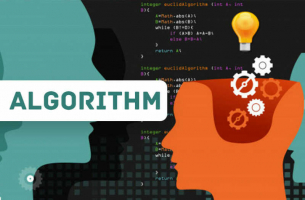Top 10 Best Books On Genetics
We are currently living in a genetic revolution. The technology of genome engineering has the potential to impact every industry known to us and change the ... read more...world we live in. We have you covered if you're looking for an introductory genomics book or a more in-depth understanding of the latest scientific breakthrough, such as CRISPR. We've chosen the best books on genetics, covering everything from DNA structure to human evolution. Check out our suggestions for better understanding genomics below.
-
Nessa Carey is a visiting professor at Imperial College in London, and she currently works in the biotechnology and pharmaceutical industries, specializing in epigenetics for nearly a decade. She has strong connections with leading epigenetics researchers, European medical labs, and some of the most prestigious institutions in the United States, including Harvard Medical School, MD Anderson Cancer Center, and the Wistar Institute.
Epigenetics has the potential to fundamentally alter our understanding of the structure and behavior of biological life on Earth. It explains why mapping an organism's genetic code is insufficient for determining how it develops or behaves, and it demonstrates how nurture works in tandem with nature to engineer biological diversity. The Epigenetics Revolution provides an easily understandable introduction to the foundations of epigenetics by surveying the field's twenty-year history while also highlighting its most recent findings and innovations.
Nessa Carey, a leading epigenetics researcher, connects the field's arguments to a wide range of phenomena, including how ants and queen bees control their colonies, why tortoiseshell cats are always female, why some plants require cold weather to flower, and how our bodies age and develop disease. Beyond biology, epigenetics is now being used to inform research on drug addiction, the long-term effects of famine, and the physical and psychological effects of childhood trauma. Carey concludes by discussing the research's future directions and its potential to improve human health and well-being.
Author: Nessa Carey
Link to buy: https://www.amazon.com/Epigenetics-Revolution-Rewriting-Understanding-Inheritance-dp-0231161174/dp/0231161174/
Ratings: 4.6 out of 5 stars (from 967 reviews)
Best Sellers Rank: #288,995 in Books
#53 in Cell Biology (Books)
#59 in Molecular Biology (Books)
#217 in Genetics (Books)
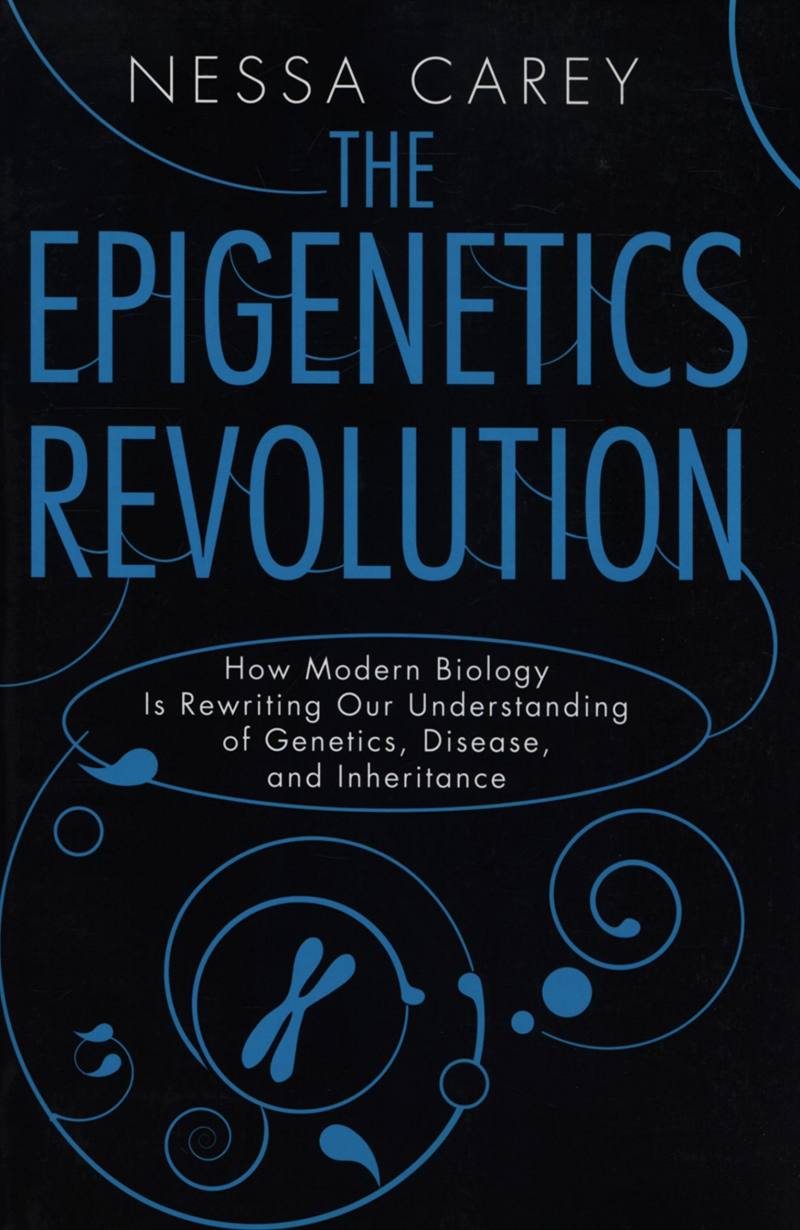
https://www.amazon.com/ 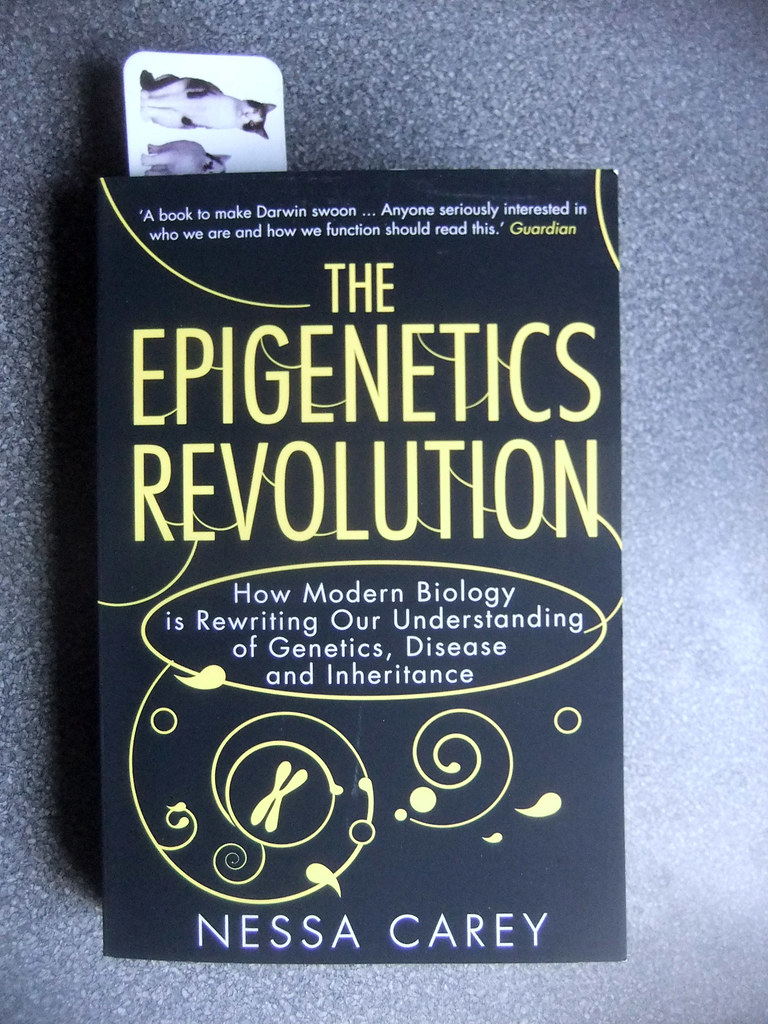
https://www.flickr.com/ -
Tara Rodden Robinson, PhD, taught genetics and was a Postdoctoral Fellow in the Department of Biological Sciences at Auburn University. She has also worked as a professor at Oregon State University. Lisa Cushman Spock, PhD, CGC, is a clinical genomics specialist at Indiana University School of Medicine and a former genetics counselor.
With the rapid advancement of genomic technologies, genetic testing has become an essential component of clinical practice and research. Scientists are constantly learning more about how genetics affects health and disease, and healthcare providers are using this knowledge to better identify their patients' specific medical needs. In addition, genetic information is increasingly being used for non-clinical purposes, such as tracing one's ancestors.
This new edition of Genetics For Dummies is an ideal course supplement for students pursuing science degrees. It also provides easy-to-follow and easy-to-understand information about this exciting and constantly evolving field to science enthusiasts of all skill levels. This edition includes recent advances and applications in genetics, such as:
- Whole-genome and exome sequencing
- Pharmacogenetics and precision medicine
- Genetic testing for health risks sold directly to consumers
- Ancestry research
This book, which contains information on some of the hottest topics in genetics right now, makes it easier than ever to understand this fascinating subject.
Author: Tara Rodden Robinson and Lisa Cushman
Link to buy: https://www.amazon.com/Genetics-Dummies-Lisa-Spock/dp/1119633036/
Ratings: 4.6 out of 5 stars (from 496 reviews)
Best Sellers Rank: #35,801 in Books
#1 in Genetics (Books)
#2 in Biology & Life Sciences (Books)
#28 in Education (Books)
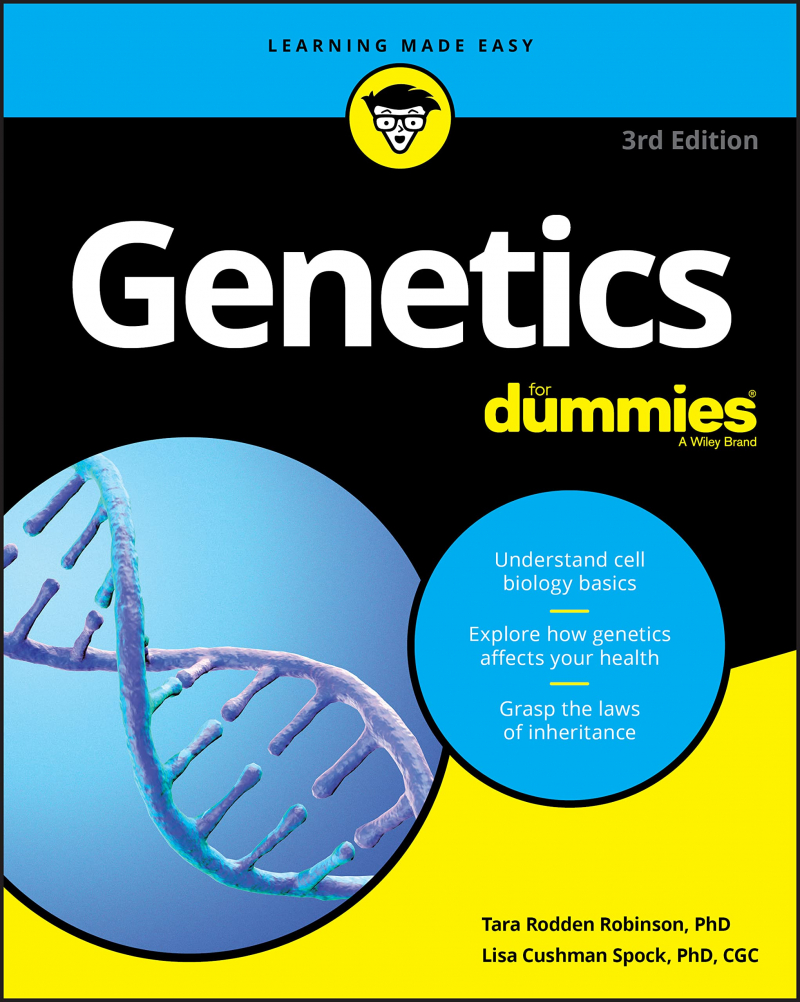
https://www.amazon.com/ 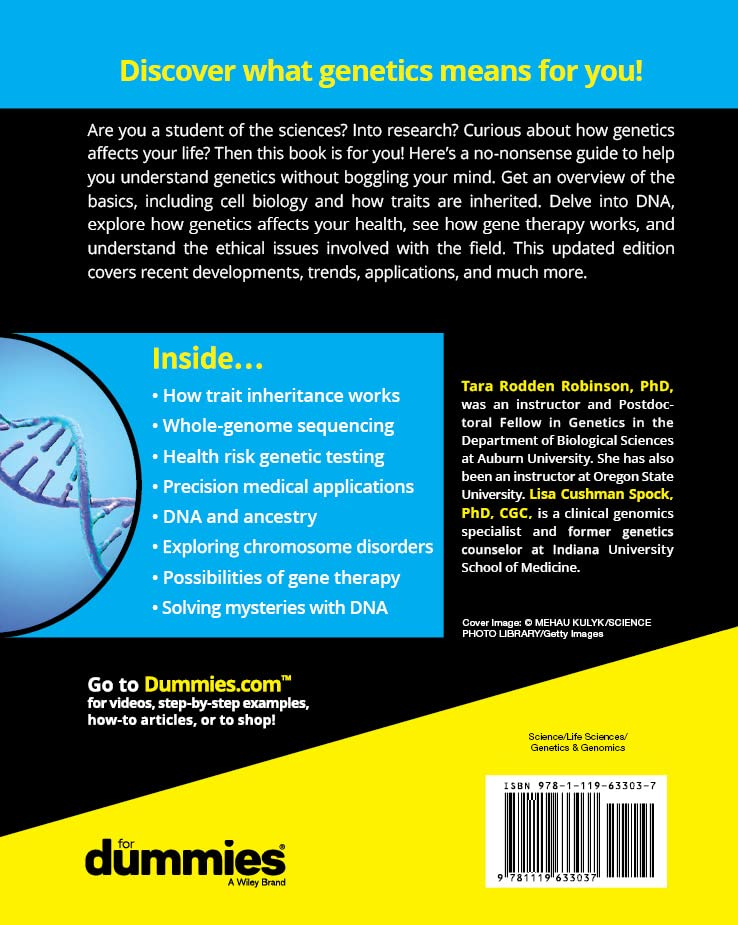
https://www.amazon.com/ -
William S. Klug is a former Chair of the Biology Department at The College of New Jersey (formerly Trenton State College) in Ewing, New Jersey. Wabash College in Crawfordsville, Indiana, awarded him a B.A. in Biology, and Northwestern University in Evanston, Illinois, awarded him a Ph.D.
Charlotte A. Spencer is a retired Associate Professor from the University of Alberta's Department of Oncology in Edmonton, Alberta, Canada. She has also taught in the Department of Biochemistry at the University of Alberta.
Michael R. Cummings is a Research Professor at the Illinois Institute of Technology's Department of Biological, Chemical, and Physical Sciences in Chicago, Illinois. He was a member of the University of Illinois at Chicago's Department of Biological Sciences and Department of Molecular Genetics for over 25 years.
Michael A. Palladino is the Dean of Science and a Biology Professor at Monmouth University in West Long Branch, New Jersey. Trenton State College (now known as The College of New Jersey) awarded him a B.S. in Biology, and the University of Virginia awarded him a Ph.D. in Anatomy and Cell Biology.
Darrell J. Killian is an Associate Professor and the current Chair of Colorado College's Department of Molecular Biology in Colorado Springs, Colorado. Prior to working as a Research Technician in Molecular Genetics at Rockefeller University in New York, New York, he earned a B.A. in Molecular Biology and Biochemistry from Wesleyan University in Middletown, Connecticut.
Among the best books on genetics, Concepts of Genetics focuses on fundamental genetic ideas while also exploring modern techniques and applications of genetic analysis. This best-selling text continues to provide understandable explanations of complex, analytical topics while also emphasizing the importance of teaching students how to solve problems effectively.
The 12th Edition has been thoroughly updated to provide comprehensive coverage of critical, emerging topics such as CRISPR-Cas and the study of posttranscriptional gene regulation in eukaryotes. The Genetics, Ethics, and Society and Case Study sections place a greater emphasis on the ethical considerations that genetics is bringing into everyday life. The MasteringTM Genetics online platform has been updated with new tutorials and Dynamic Study Modules.
Author: William S. Klug, Michael R. Cummings, Charlotte A. Spencer, Michael A. Palladino and Darrell J. Killian
Link to buy: https://www.amazon.com/Concepts-Genetics-12th-William-Klug/dp/0134604717/
Ratings: 4.5 out of 5 stars (from 231 reviews)
Best Sellers Rank: #391,860 in Books
#12 in Genetics (Books)
#153 in Biochemistry (Books)
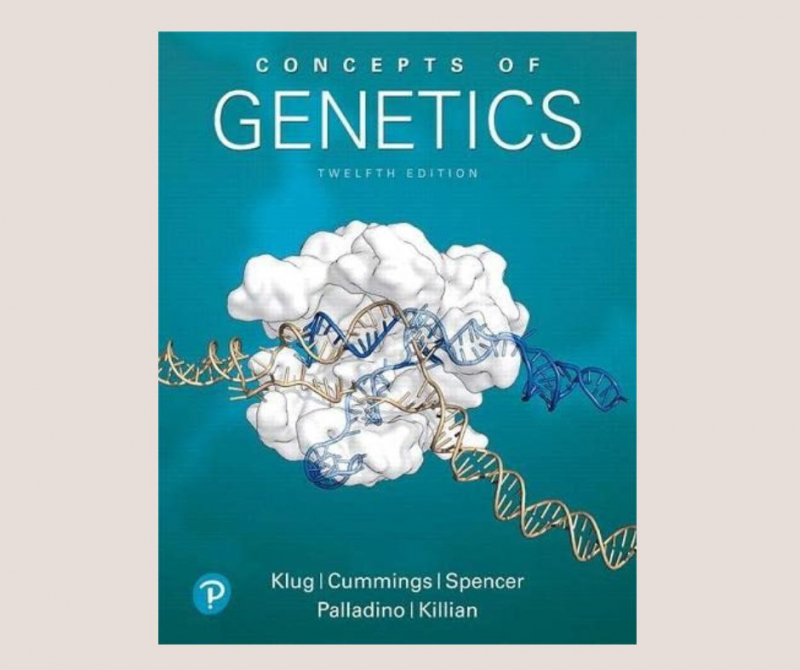
https://www.amazon.com/ 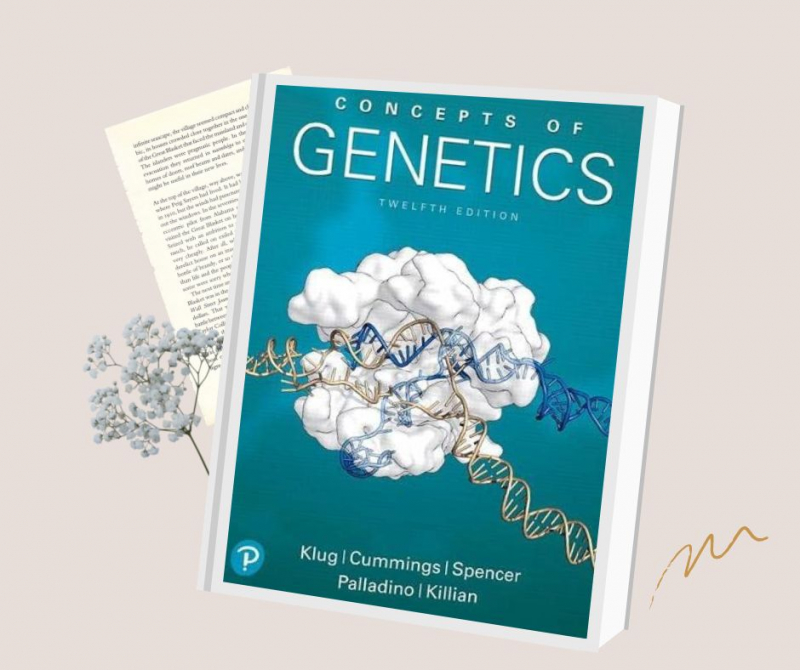
https://www.amazon.com/ -
John L. Bowman is a professor at Monash University's School of Biological Sciences in Melbourne, Australia, and an adjunct professor at the University of California, Davis' Department of Plant Biology. He earned a B.S. in Biochemistry in 1986 from the University of Illinois at Urbana-Champaign and a Ph.D. in Biology from the California Institute of Technology in Pasadena, California.
Since 1985, Mark F. Sanders has been a member of the Department of Molecular and Cellular Biology at the University of California, Davis. He has taught over 150 genetics courses to nearly 35,000 undergraduate students during that time. Although he specializes in teaching the genetics course for which this book was written, he has also taught a genetics laboratory course, an advanced human genetics course for biology majors, a human heredity course for nonscience majors, introductory biology, and courses in population genetics and evolution.
With Genetic Analysis: An Integrated Approach, authors Mark Sanders and John Bowman share their enthusiasm for genetics and the dynamism at work in the field, informed by more than 50 years of experience and experimentation in teaching genetics. The authors employ an integrated approach to contextualize three key challenges of learning genetics: problem solving, understanding the relationship between traditional genetics models and more modern approaches, and understanding evolution.
The authors provide students with additional problem-solving guidance and a new emphasis on real-world applications of genetics in the third edition. They also strive to make genetics details easier to learn and provide methods to facilitate group work and discussion of genetics problems and concepts. The revision includes key updates that keep up with field changes, such as advances in CRISPR-Cas, more discussion of epigenetics, and expanded coverage of genomic approaches.
Author: Mark F. Sanders and John L. Bowman
Link to buy: https://www.amazon.com/Genetic-Analysis-Integrated-Approach-3rd/dp/0134605179/
Ratings: 4.7 out of 5 stars (from 96 reviews)
Best Sellers Rank: #311,650 in Books
#8 in Genetics (Books)
#21 in Diseases
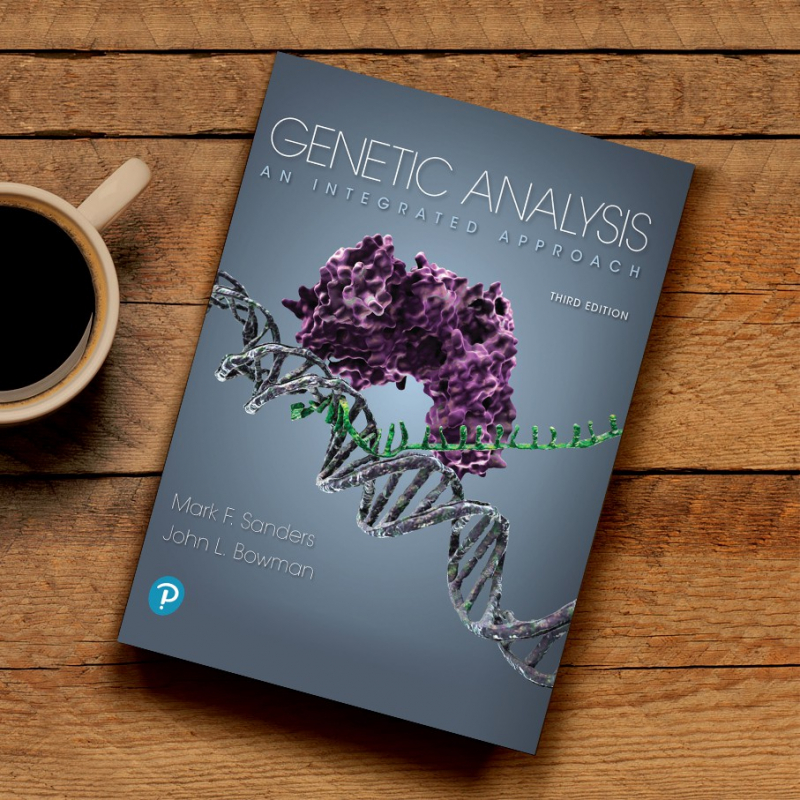
https://www.amazon.com/ 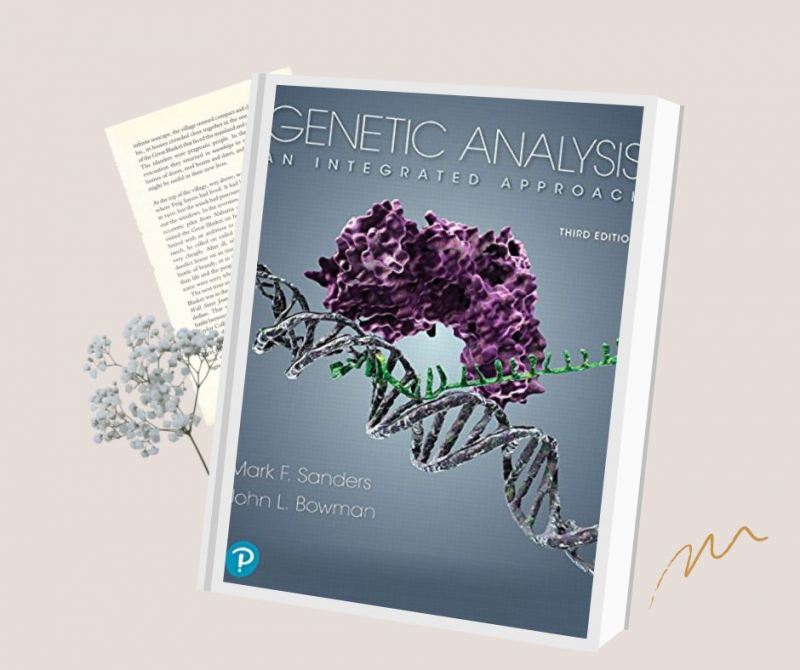
Amazon.ca -
BRS Biochemistry, Molecular Biology, and Genetics, Seventh Edition is practical, approachable, and ideal for today's busy medical students and practitioners. It helps ensure excellence in class exams and on the USMLE Step 1. It is regarded as one of the best books on genetics. The popular Board Review Series outline format keeps content concise and accessible for the most efficient review, with bolded key terms, detailed figures, quick-reference tables, and other aids that highlight key concepts and reinforce understanding.
This revised edition has been updated to reflect the most recent perspectives in biochemistry, molecular biology, and genetics, with a clinical emphasis critical to practice success. Updated USMLE-style questions with answers test retention and enhance preparation for board exams and beyond, and new Clinical Correlation boxes detail the real-world application of chapter concepts.
- Updated content keeps students up to date on the most recent clinical approaches to molecular biology, genetics, amino acids, and other topics.
- The tried-and-true Board Review Series outline format assists students in making the most of their study time.
- Clinical Considerations boxes have been updated to demonstrate the practical applications of chapter concepts.
- Over 500 USMLE-style review questions ensure success on course exams and the USMLE Step 1.
- More than 250 high-quality images aid in the clarification of concepts and clinical details.
- Tables, algorithms, and other learning aids save time and make the review process easier.
Author: Michael A. Lieberman PhD and Dr. Rick Ricer MD
Link to buy: https://www.amazon.com/Biochemistry-Molecular-Biology-Genetics-Review/dp/1496399234/
Ratings: 4.8 out of 5 stars (from 178 reviews)
Best Sellers Rank: #433,697 in Books
#15 in Genetics (Books)
#175 in Biochemistry (Books)
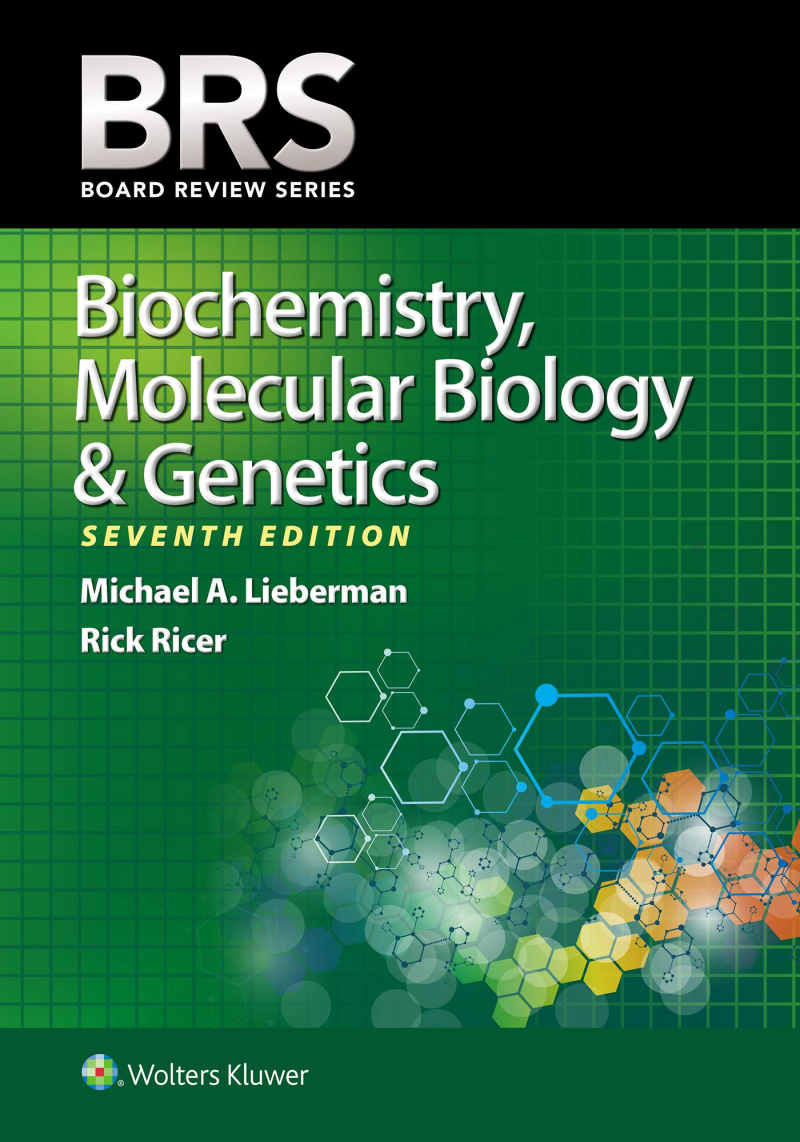
https://www.amazon.com/ 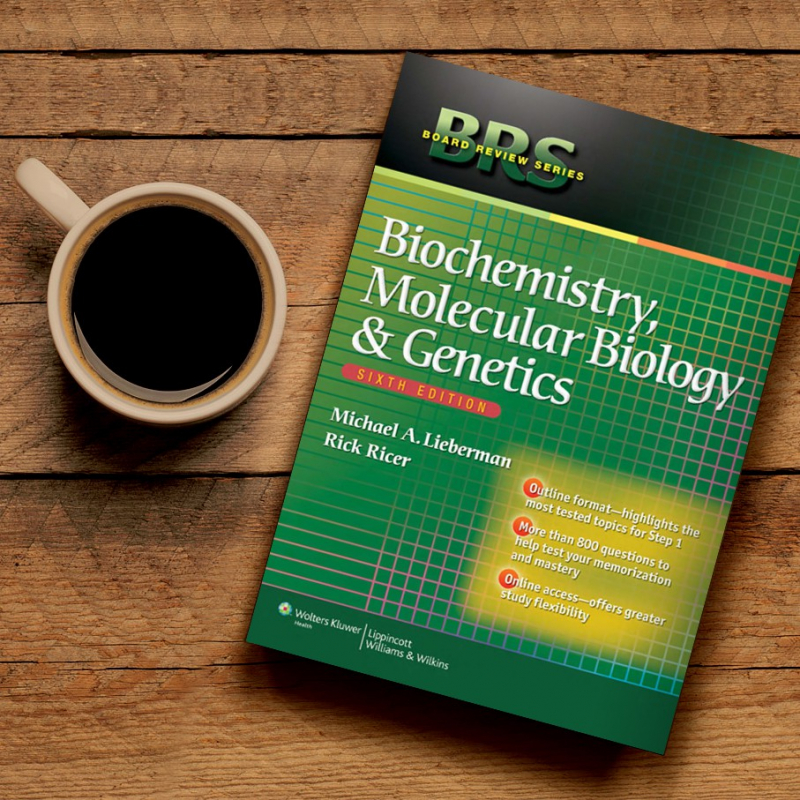
https://www.amazon.com/ -
Wendy R. Uhlmann, MS, CGC is a genetic counselor/clinic coordinator at the University of Michigan's Medical Genetics Clinic. She is a Clinical Instructor in the Department of Human Genetics and a member of the genetic counseling training program's executive faculty.
Jane L. Schuette, MS, CGC has been a genetic counselor for 26 years and is currently a genetic counselor and clinic coordinator at the University of Michigan Health System's Division of Pediatric Genetics.
Beverly M. Yashar, MS, PhD, CGC is the program director for the genetic counseling graduate training program at the University of Michigan's Department of Human Genetics.
A Guide to Genetic Counseling, first published in 1998, quickly became a best-selling and widely recognized text, used nationally and internationally in genetic counseling training programs. Its eagerly awaited Second Edition provides a thoroughly revised and comprehensive overview of genetic counseling, focusing on the components, theoretical framework, and unique approach to patient care that serve as the foundation of this profession. In addition to addressing global professional issues, the book defines the core competencies and covers the genetic counseling process from case inception to completion, with an emphasis on describing fundamental principles and practices.
The chapters are written by experts in the field of genetic counseling and are organized to aid academic instruction and skill development. They provide the most recent information on:
- The history and practice of genetic counseling
- Family history
- Interviewing
- Case preparation and management
- Psychosocial counseling
- Patient education
- Risk communication and decision-making
- Medical genetics evaluation
- Understanding genetic testing
- Medical documentation
- Multicultural counseling
- Ethical and legal issues
- Student supervision
- Genetic counseling research
- Professional development
- Genetics education and outreach
- Evolving roles and expanding opportunities
- Case examples
All medical and human genetics and genetic counseling training programs should include A Guide to Genetic Counseling, Second Edition on their syllabi. It is a must-have resource for both students and healthcare professionals who work with patients who have or are at risk of genetic conditions.
Author: Jane L. Schuette, Beverly M. Yashar and Wendy R. Uhlmann
Link to buy: https://www.amazon.com/Guide-Genetic-Counseling-Second/dp/0470179651/
Ratings: 4.6 out of 5 stars (from 40 reviews)
Best Sellers Rank: #481,373 in Books
#17 in Genetics (Books)
#34 in Diseases
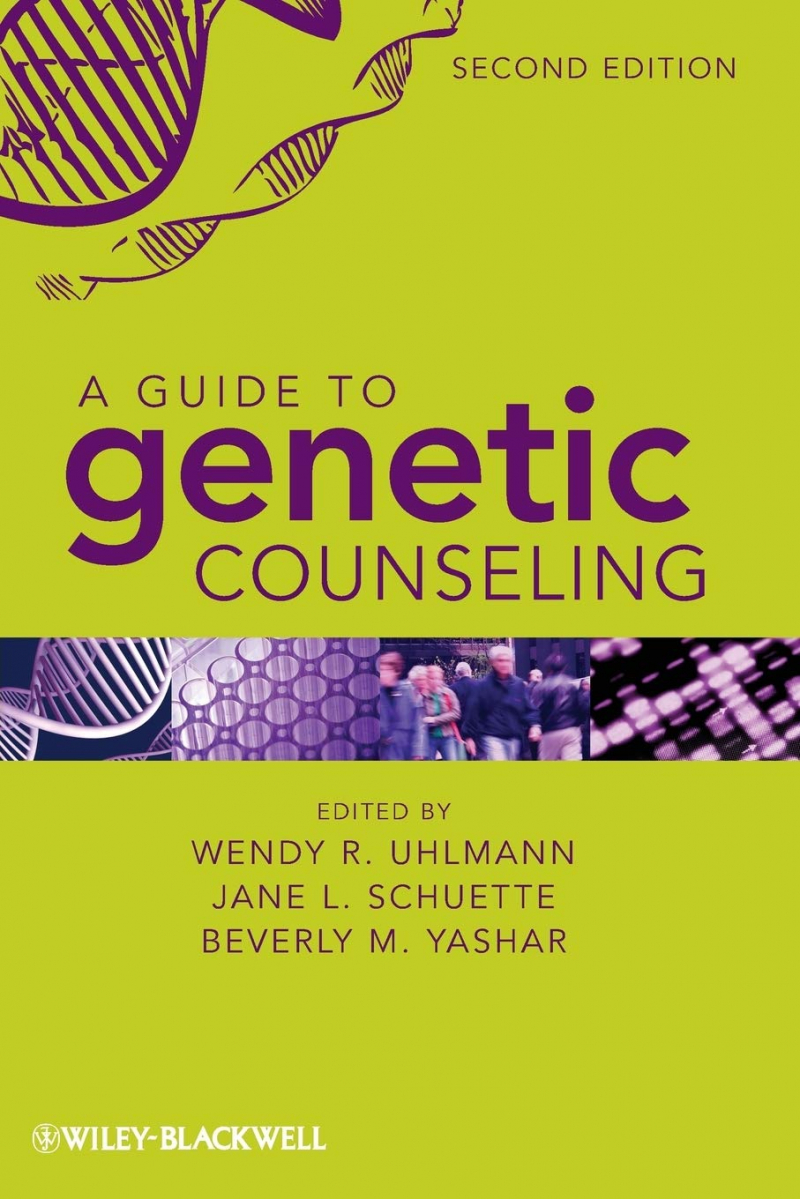
https://www.amazon.com/ 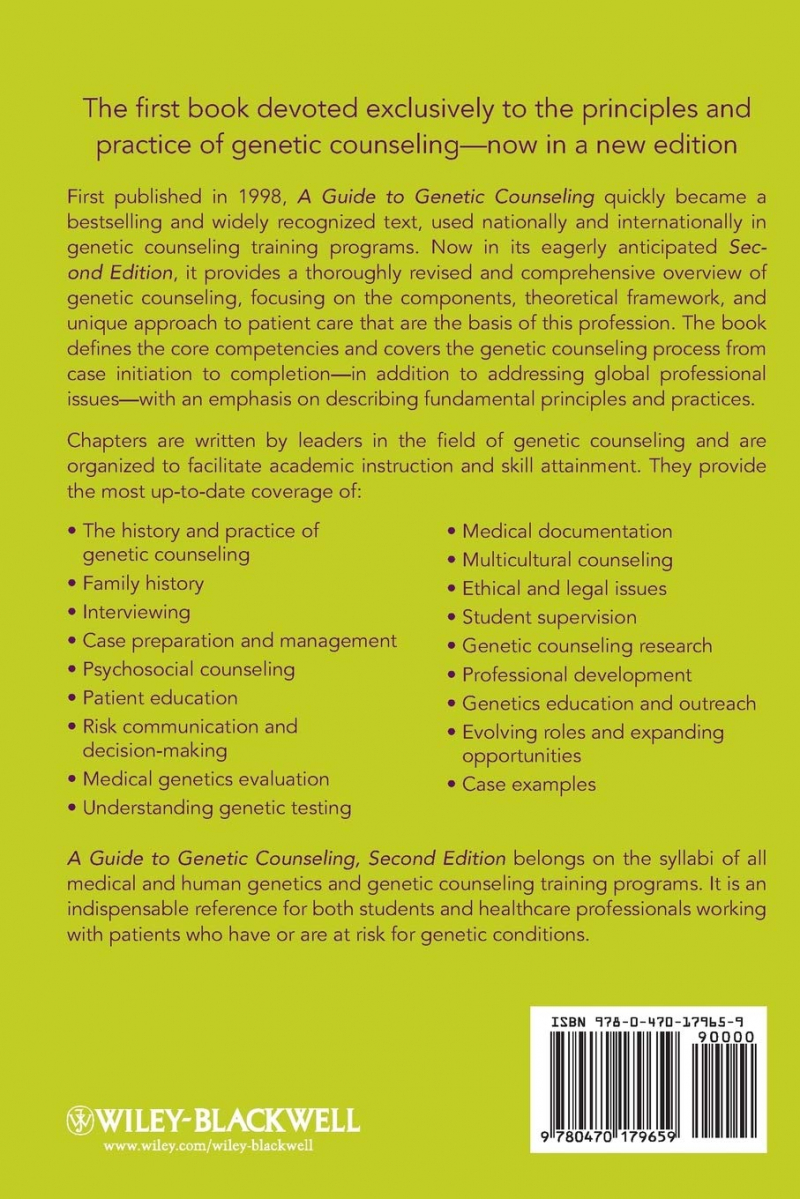
https://www.amazon.com/ -
Mark Jobling received a degree in biochemistry and a DPhil from the University of Oxford in the United Kingdom before moving to the University of Leicester in 1992 as a Wellcome Trust Senior Fellow in Basic Biomedical Sciences and Reader in Genetics. Matthew Hurles received his bachelor's degree in biochemistry from Oxford University in the United Kingdom and his doctorate from Leicester University in the United Kingdom. He was a Research Fellow at Cambridge University's McDonald Institute for Archaeological Research until recently, analyzing genetic variation to improve our understanding of the human past. Chris Tyler-Smith received his bachelor's degree in biochemistry from Oxford University in the United Kingdom and his doctorate from the University of Edinburgh in the United Kingdom.
Human Evolutionary Genetics is a groundbreaking text that brings together molecular genetics and genomics for the first time to study the origins and movements of human populations. It is among the best books on genetics.
Beginning with a non-specialist overview of molecular genomics (which can be a useful review for those with a more genetic background), the book shows how data from the post-genomic era can be used to investigate human origins and global colonization, richly illustrated with genetic trees and global maps. For the first time in a textbook, the authors explain how genetic data and the emerging understanding of our origins can be applied to modern population analyses such as genealogies, forensics, and medicine.
Author: Mark Jobling, Matthew Hurles and Chris Tyler-Smith
Link to buy: https://www.amazon.com/Guide-Genetic-Counseling-Second/dp/0470179651/
Ratings: 4.6 out of 5 stars (from 14 reviews)
Best Sellers Rank: #439,880 in Books
#13 in Microbiology (Books)
#16 in Genetics (Books)
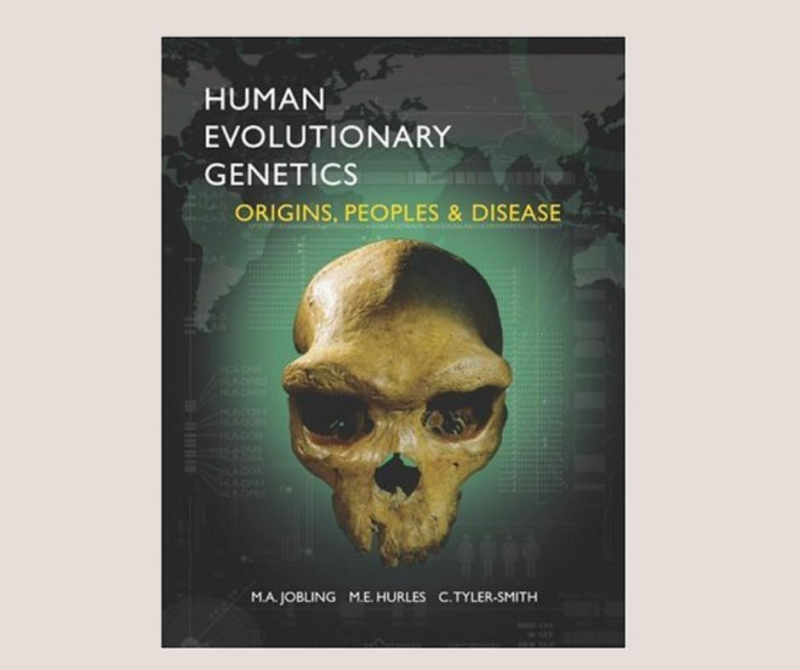
https://www.amazon.com/ 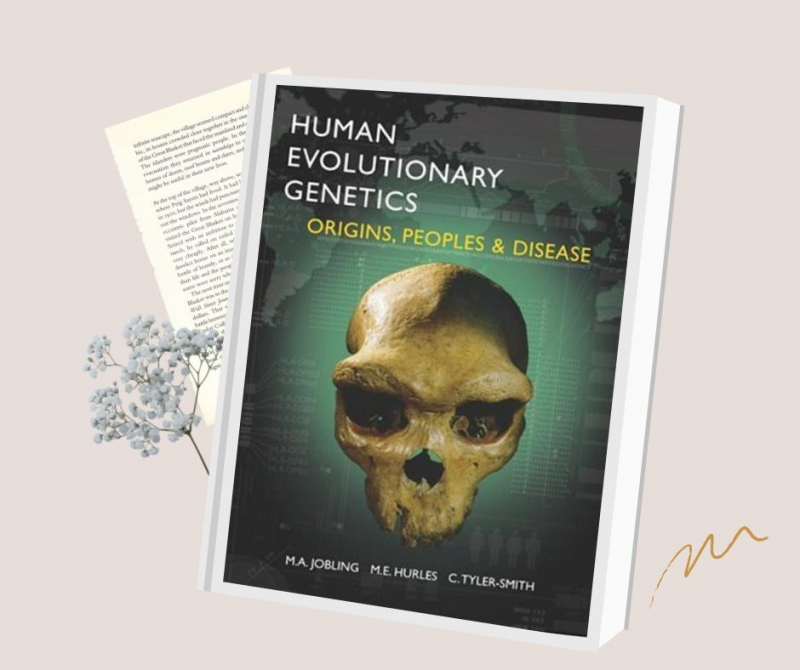
https://www.amazon.com/ -
Dr. Peter Turnpenny, an Elsevier Author, works as a Clinical Genetics consultant at the Royal Devon and Exeter Hospital in England. He is internationally renowned and has written extensively on a wide range of topics. He is best known for his medical knowledge of the genetic basis of abnormal spine development and fetal anticonvulsant syndromes.
Emery's Elements of Medical Genetics and Genomics, long recognized as a leading textbook in this fast-moving field, provides current, complete information with a strong foundation in practical clinical genetics and genomics for medical school and beyond. This award-winning text's 16th Edition has been thoroughly updated throughout and includes case-based and multiple-choice questions, end-of-chapter summaries, an extensive glossary, and convenient online access, making it an ideal choice for all medical undergraduates and postgraduates looking to improve their understanding and knowledge.
- New case studies with questions and answers are included, as well as multiple-choice self-assessment questions for study and review.
- Covers key topics in medical genetics such as pharmacogenetics, personalized medicine, prenatal testing, reproductive genetics, and ethical and legal issues.
- The text is divided into three easy-to-use sections: Human Genetics: The Scientific Basis, Genetics in Medicine and Genomic Medicine, Clinical Genetics, Counseling, and Ethics
- Full-color illustrations and other images aid readers in visualizing the appearance of genetic disorders and in understanding complex genetic structures.
- Summary boxes, an extensive glossary of terms, online hyperlinks to important genetics websites and clinical databases, and other learning features are included.
- Featured editors Peter D. Turnpenny and Sian Ellard, as well as new editor Ruth Cleaver, share their extensive knowledge and experience.
- Purchase includes an enhanced eBook version. Your enhanced eBook gives you access to all of the book's text, figures, and references on a variety of devices.
Author: Peter D. Turnpenny
Link to buy: https://www.amazon.com/Emerys-Elements-Medical-Genetics-Genomics/dp/0702079669/
Ratings: 4.6 out of 5 stars (from 23 reviews)
Best Sellers Rank: #736,826 in Books
#30 in Genetics (Books)
#564 in Medical Education & Training (Books)
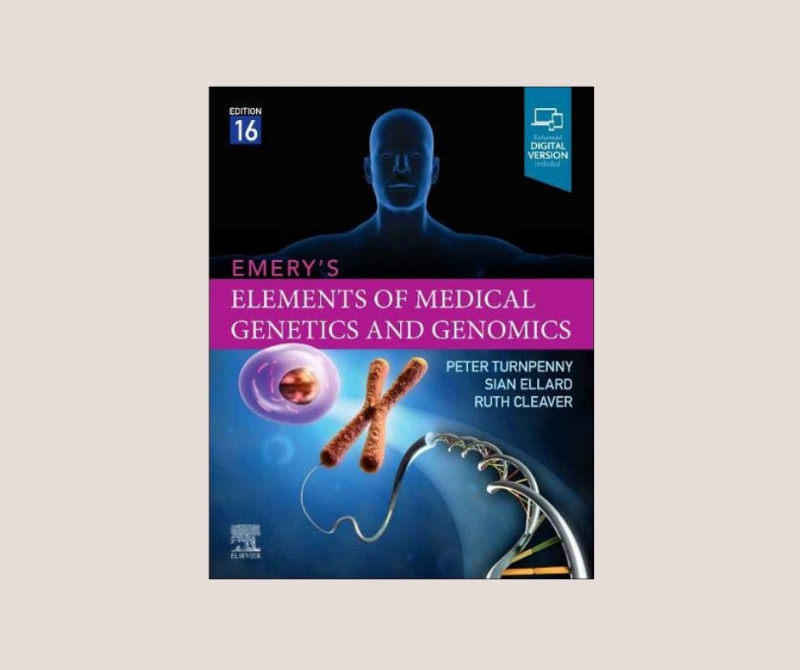
https://www.amazon.com/ 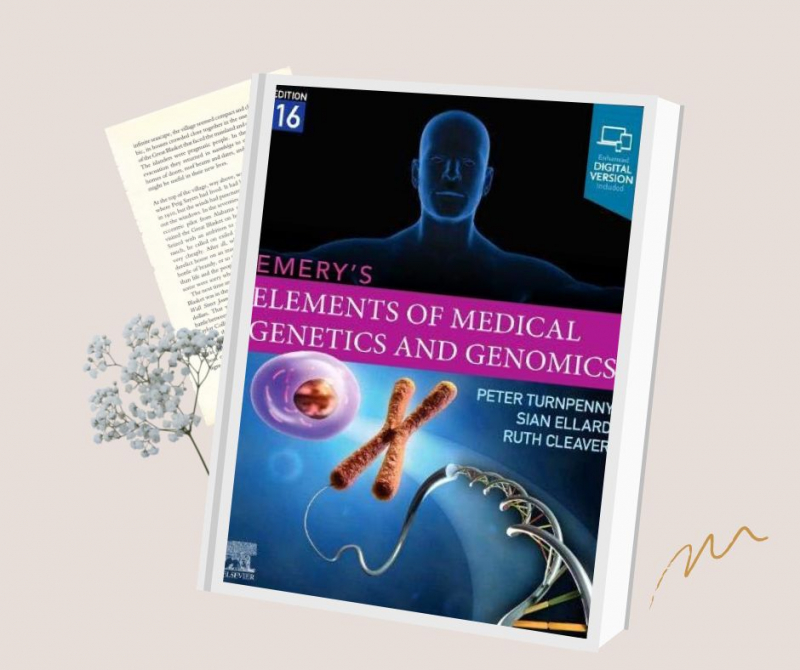
https://www.amazon.com/ -
Jennifer A. Doudna, Ph.D. is a professor in the Departments of Chemistry and Molecular and Cell Biology at the University of California, Berkeley, a Howard Hughes Medical Institute investigator, and a researcher in the Molecular Biophysics and Integrated Bioimaging Division at the Lawrence Berkeley National Laboratory. She is a world-renowned expert in RNA-protein biochemistry, CRISPR biology, and genome engineering. She lives in the San Francisco Bay Area.
Samuel H. Sternberg, Ph.D., is a biochemist who has published numerous high-profile scientific papers on CRISPR technology. Beginning in 2018, he will establish his own laboratory at Columbia University as an assistant professor in the Department of Biochemistry and Molecular Biophysics. He currently resides in New York City.
Not since the atomic bomb has a technology alarmed its creators to the point of warning the rest of the world about its potential use. That is, until 2015, when biologist Jennifer Doudna called for a global moratorium on using the gene-editing tool CRISPR—a revolutionary new technology that she helped develop—to make heritable changes in human embryos. CRISPR, the cheapest, simplest, and most effective way of manipulating DNA ever known, could lead to the cure for HIV, genetic diseases, and some cancers. However, even minor changes to DNA can have a wide range of unforeseeable consequences, not to mention the ethical and societal implications of intentionally mutating embryos to create "better" humans. Doudna, who has since won the Nobel Prize for her CRISPR research, writes with fellow researcher Sam Sternberg about her thrilling discovery and the enormous responsibility that comes with the ability to rewrite the code of life.
A Crack in Creation is an important first step in educating the public...it reveals the complex, interconnected, and thoroughly international nature of today's bioscience... CRISPR heralds a new era of massively increased human control over life, one that will directly or indirectly affect every person on Earth, as well as much of the rest of our planet's biosphere. If humans are to harness its benefits, avoid its risks, and use it in ways that are consistent with our values and cultures, we all — not just scientists, ethicists, and patent lawyers — need to understand CRISPR and its implications.
Author: Samuel H. Sternberg and Jennifer A. Doudna
Link to buy: https://www.amazon.com/Crack-Creation-Editing-Unthinkable-Evolution/dp/1328915360/
Ratings: 4.6 out of 5 stars (from 1439 reviews)
Best Sellers Rank: #55,364 in Books
#7 in Biotechnology (Books)
#38 in Genetics (Books)
#102 in Scientist Biographies
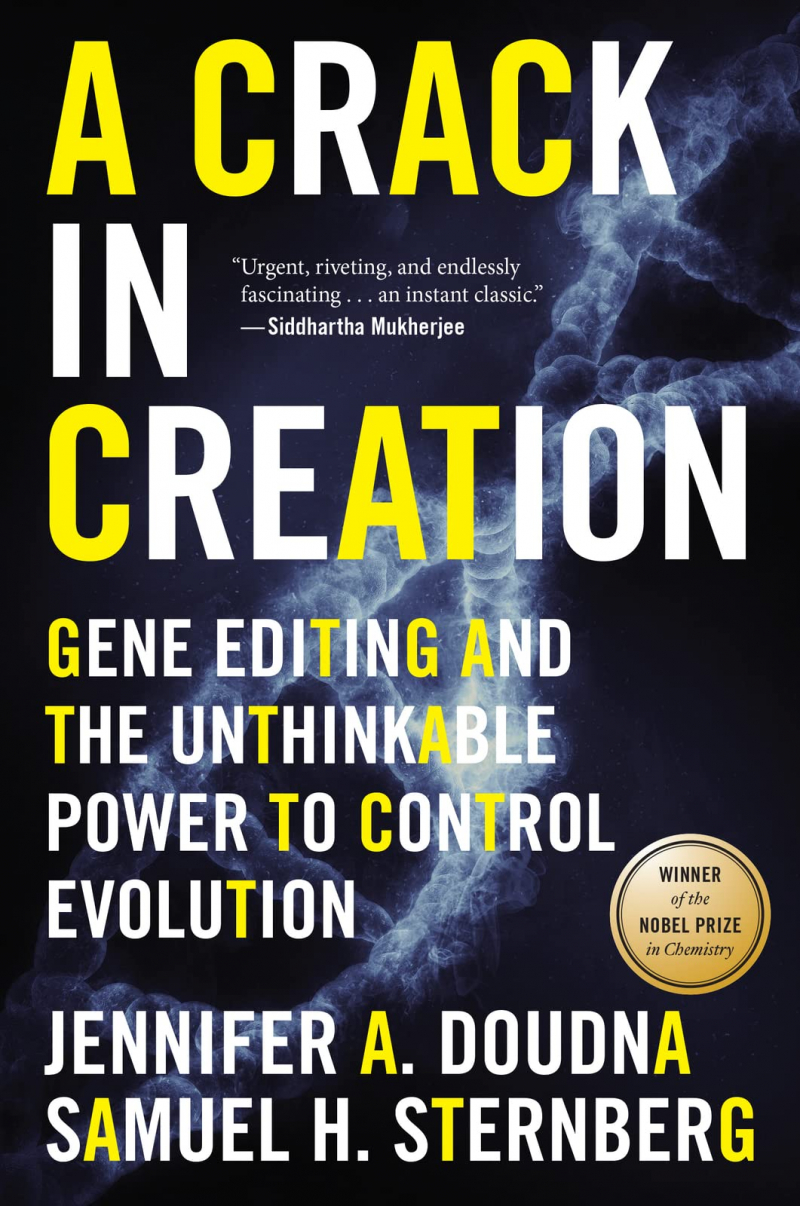
https://www.amazon.com/ 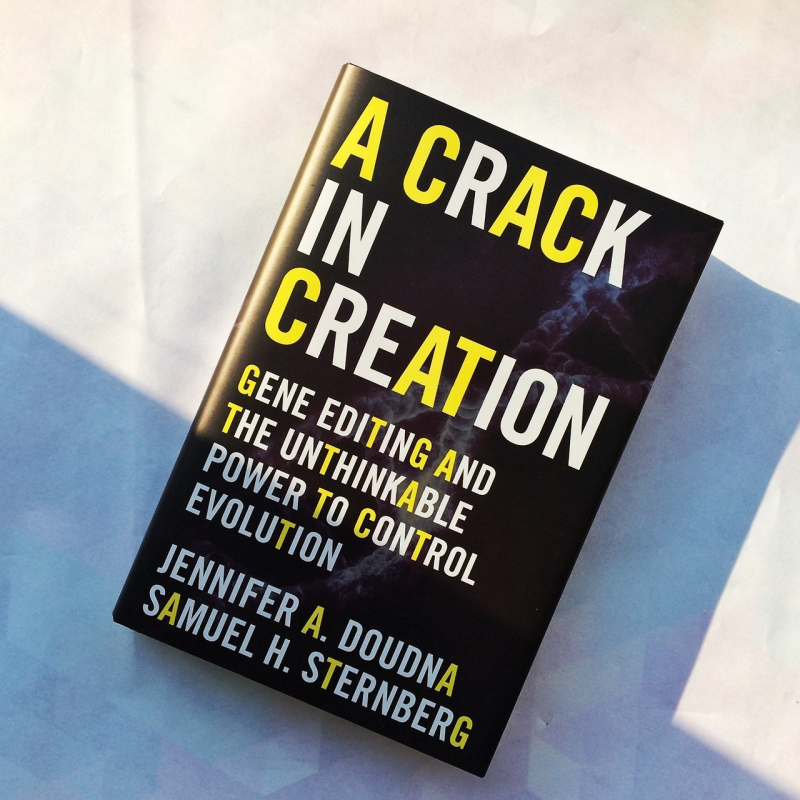
https://hmhbooks.tumblr.com/ -
The $1,000 Genome was written by Kevin Davies, Ph.D. Cracking the Genome, his previous book, was translated into 15 languages. He is currently the Editor-in-Chief of Bio•IT World, a trade publication focused on the role of technology in the life sciences. He was the first five years as the founding editor of Nature Genetics, the world's leading genetics journal. He has also written for the Times of London, the Boston Globe, the New England Journal of Medicine, and New Scientist, among other publications.
President Bill Clinton announced the completion of the Human Genome Project in 2000, at a cost of more than $2 billion. A decade later, the cost of ordering our own personal genome sequence—a comprehensive map of the 3 billion letters in our DNA—is rapidly and inevitably falling to $1,000. Dozens of men and women have already been sequenced, including scientists, entrepreneurs, celebrities, and patients, ushering in a bold new era of personalized genomic medicine. The $1,000 genome has long been regarded as the tipping point that would unleash this revolution and one of the best books on genetics.
Do you have gene variants linked to Alzheimer's disease, diabetes, heart disease, or cancer? Which drugs, and at what dosage, should you consider taking for various diseases? Doctors will likely be able to answer all of these questions—and many more—in the coming years by using a computer in their offices to access your unique genome sequence, which will become as much a part of your medical record as your blood pressure. Indeed, many experts advocate for a complete genome analysis on all newborns so that preventive and preventive medicine can begin early in life.
How was this incredible achievement accomplished? What does this mean for our lives? Kevin Davies, a critically acclaimed science writer, has spent the last few years traveling to the leading centers and interviewing the entrepreneurs and pioneers in the race to achieve the $1,000 genome. He vividly depicts the extraordinary drama of this great scientific achievement, revealing the masterful ingenuity that has transformed the process of decoding DNA and delivering the information it contains to the general public.
Davies also examines the future of genomic medicine and delves into the many pressing issues raised by the tidal wave of personal genetic data. Will your privacy be safeguarded? Will insurance companies or your employer put you under pressure to have your genome sequenced? What psychological impact might learning you're at risk for diseases like Alzheimer's have? Will the government or the medical establishment stand in your way of accessing your genome? One thing is certain: we are rapidly approaching the era of personalized medicine, and The $1,000 Genome is an essential guide to this brave new world.
Author: Kevin Davies
Link to buy: https://www.amazon.com/000-Genome-Revolution-Sequencing-Personalized-ebook/dp/B003L7875Y/
Ratings: 4.1 out of 5 stars (from 26 reviews)
Best Sellers Rank: #1,971,295 in Kindle Store
#215 in Genetics (Kindle Store)
#304 in Parkinson's Disease
#527 in Genetic Science
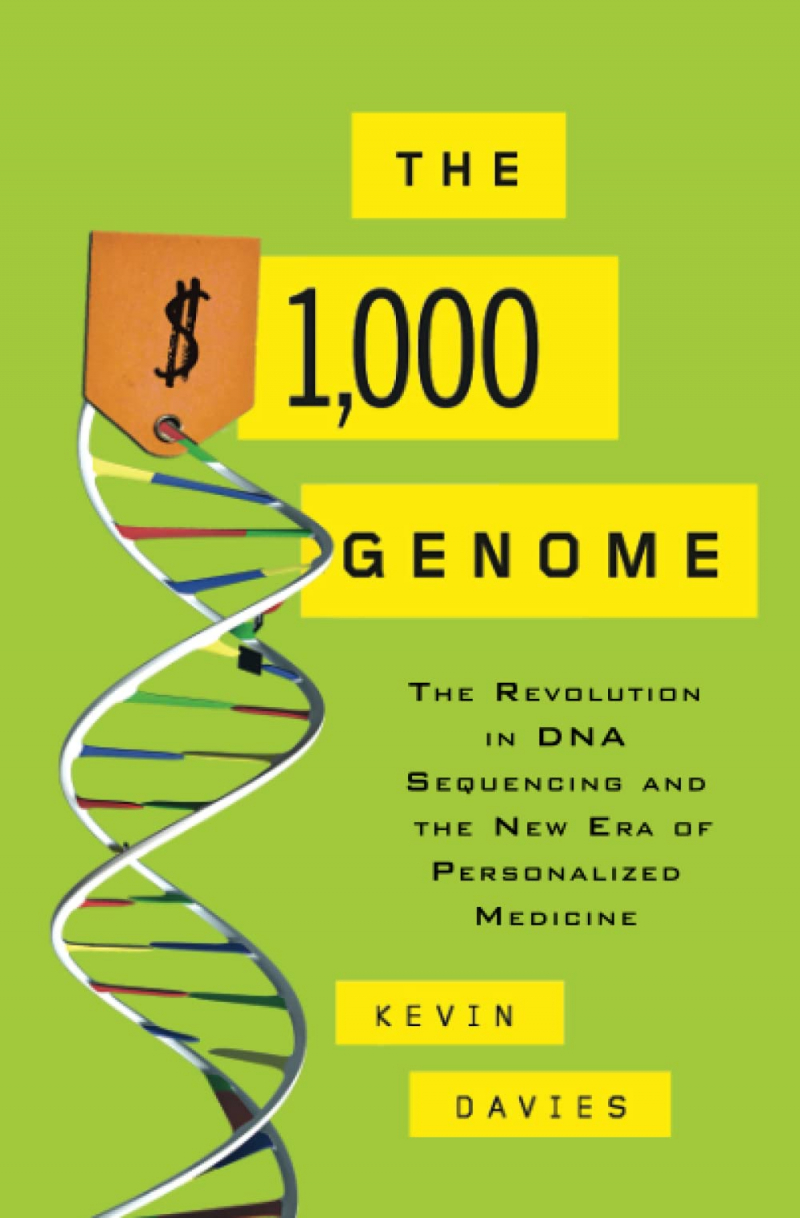
https://www.amazon.com/ 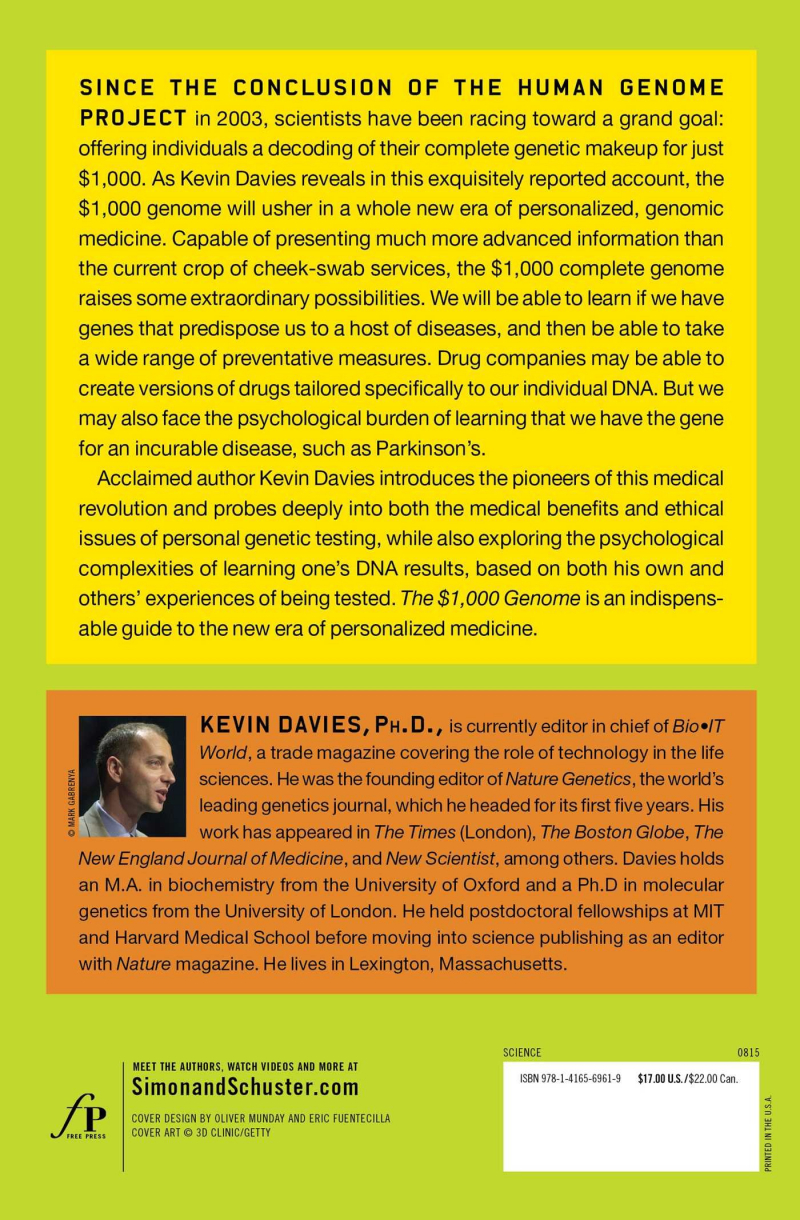
https://www.amazon.com/













